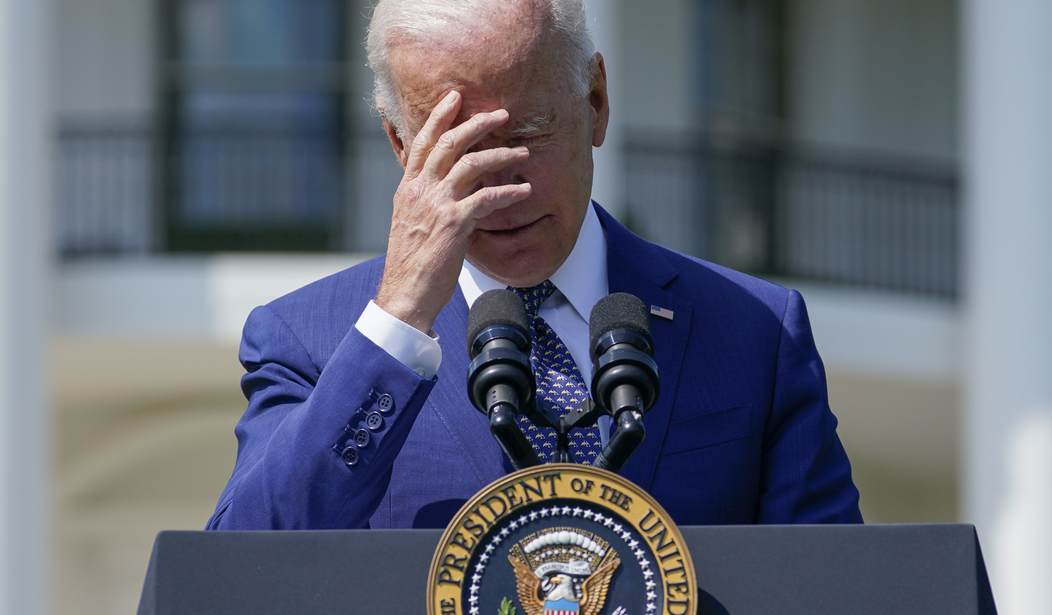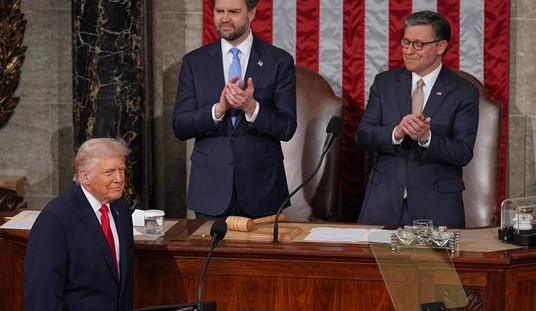As President Joe Biden and congressional Democrats continue their push to impose sweeping reforms meant to tackle climate change, the Taliban—with substantial help from China—is positioning itself to take advantage.
In August, Biden signed an executive order designed to drag the United States toward widespread adoption of electric vehicles. The White House says its order aims to make 50% of vehicles sold in America electric or hybrids by 2030.
To call Biden’s goal ambitious would be an incredible understatement. According to sales data recorded in June, fewer than 4% of new cars purchased by Americans were electric or plug-in hybrids, and only a fraction of the electric vehicle infrastructure needed to support millions of additional electric cars is now in place.
To meet Biden’s electric vehicles target—as well as his other climate-related policy objectives, such as making the U.S. energy grid largely dependent on wind and solar power—the U.S. economy would need to be radically transformed.
Far-left Democrats had hoped the infrastructure packages making their way through Congress would be a good start. The $1 trillion infrastructure legislation passed by the Senate included $7.5 billion for new electric vehicle charging stations, and progressive and socialists members of Congress have said they won’t allow infrastructure legislation to pass unless it includes massive new tax credits meant to make electric vehicles more affordable.
For now, both the $1 trillion and $3.5 trillion infrastructure bills have stalled on Capitol Hill, but if Democrats and President Biden have it their way and these bills, along with other legislation and regulatory changes meant to shove America toward wind and solar power, are passed, the Taliban could end up becoming one of the world’s biggest beneficiaries.
Afghanistan is one of the poorest nations on earth. In order to maintain its new chokehold over the country, the Taliban knows it needs to develop steady streams of income and economic alliances. The push by American and European progressives and socialists to impose so-called “green” energy on households might provide the economic opportunities the Taliban desperately needs.
If the United States and Europe were to rely substantially more on electric vehicles and wind and solar generation, it would require millions of tons of rare earth minerals and batteries.
To give you a sense of just how dramatic the need would be, consider that the BBC found “to switch Britain’s 31.5 million petrol and diesel vehicles over to a battery-electric fleet would take an estimated 207,900 tonnes of cobalt, 264,600 tonnes of lithium carbonate, 7,200 tonnes of neodymium and dysprosium, and 2,362,500 tonnes of copper.”
There are more than 272 million vehicles in the United States, more than 99% of which run on fossil fuels. Based on the BBC’s analysis of Britain, switching all of America’s gasoline-powered fleet to an electric-only fleet—a long-term goal for Democrats—would require more than 20 million tons of copper, 1.7 million tons of cobalt, and 2.2 million tons of lithium.
The mining and processing demands that would result from a transition to so-called “renewable” energy sources would drive up the price of numerous metals and rare earth minerals around the world, allowing the Taliban to become exceptionally wealthy.
Afghanistan is believed to be home to $1 trillion in mineral deposits, and perhaps the largest lithium deposit on the planet. The Taliban doesn’t have the resources, infrastructure, or skilled workers to mine these valuable assets, but China does, and Chinese officials have already signaled that they have struck a deal with the Taliban to participate “in Afghanistan’s reconstruction and development.”
This shouldn’t come as a surprise. Not only has top Chinese diplomats been meeting with the Taliban for months, China is the world’s number-one supplier of batteries, producing about 79% of the global supply. Additionally, 85% of the world’s capacity to process rare earth minerals exists in China, according to a report by Reuters.
Of course, the United States could attempt to expand its own processing capacity of rare earth minerals, and it could conduct more mining operations domestically as well, but neither is something that could happen at any point in the near future, and both actions would likely face severe opposition from environmental groups hellbent on stopping virtually all mining operations in the United States.
China already processes five times more rare earth minerals than the rest of the world combined, so catching up prior to President Biden’s plan to scale up electric car use would be essentially impossible.
If Joe Biden and Democrats have their way, China and the Taliban will eventually be much richer and more powerful than they are today, and China’s control of America’s energy supply would expand immensely. That’s a stunning reversal from the Trump administration’s platform of prioritizing domestic energy development and limiting foreign reliance, one that would pose substantial foreign policy challenges that would be extremely difficult, if not impossible, to overcome.
Justin Haskins ([email protected]) is the director of the Stopping Socialism Project at The Heartland Institute, where he also serves as a research fellow and editorial director.














Join the conversation as a VIP Member